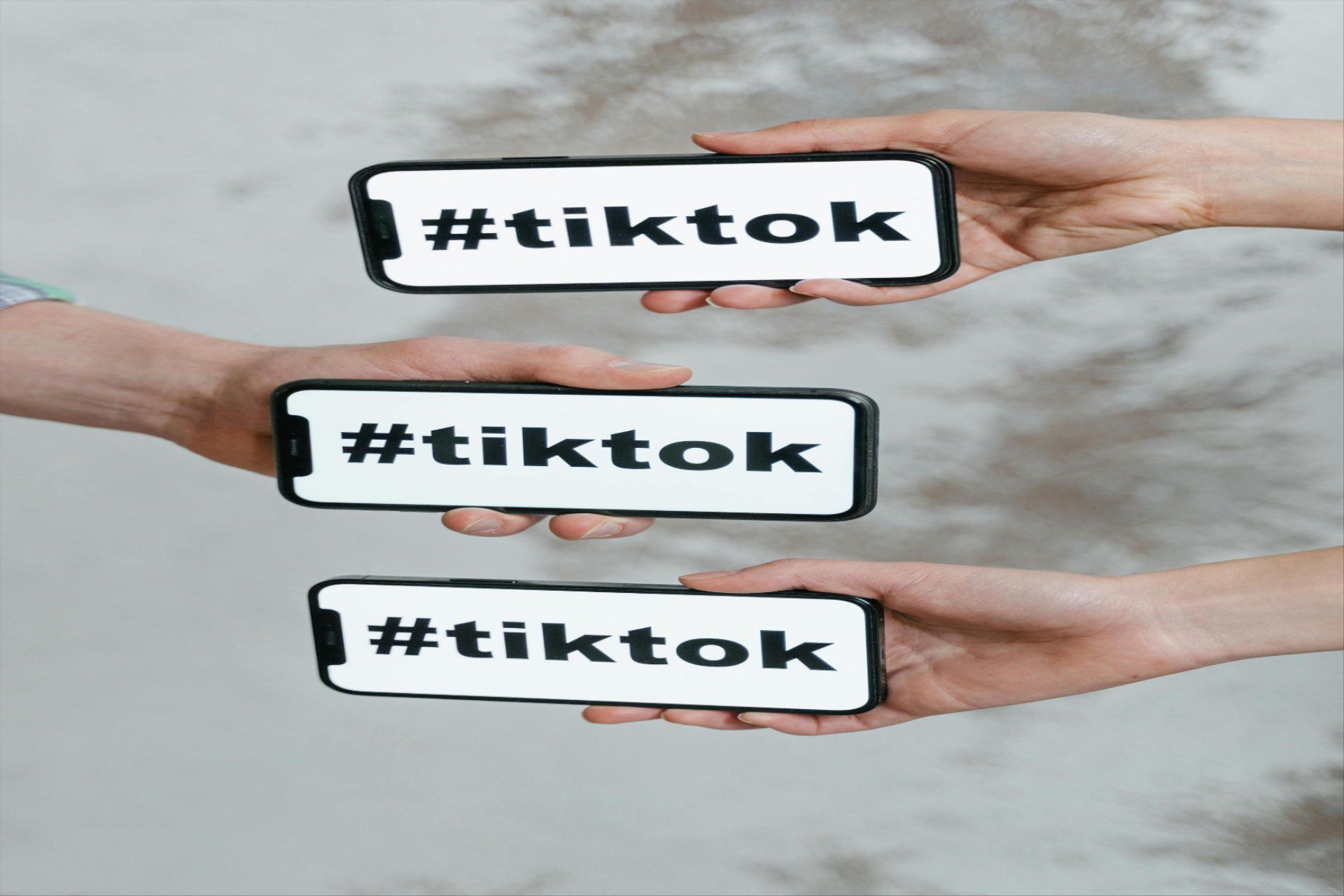Business-friendly AI innovations emerging en masse
Clarke McEwan Accountants
While there is plenty of hype - and some fear - around artificial intelligence, an array of businesses are showcasing cutting-edge uses of the technology to resolve real-world business problems.
While a recent study suggested that half of Australians are not convinced that automation and AI are a good thing - for more on this, see previous article, the other half of the population are eagerly embracing the technology and the efficiencies it is capable of delivering.
At a recent event in Sydney to launch its report Artificial intelligence: A starter guide to the future of business
, ACS profiled three start-ups implementing AI to take data analytics to new heights, across areas as diverse as product sales data to file storage and image analytics.
The report sought to dispel fears that AI poses an existential threat to humanity - at least in its current capabilities - while outlining some of the real-world business benefits being explored or implemented by the technology.
"Artificial intelligence - as the phrase is often used today - is a bit of a misnomer," the report said.
"We tend to think of intelligence in human terms: self-awareness, the capacity for independent thought, the capability to reason and autonomous decision making, among other traits.
"These capabilities are far beyond the implementation of artificial intelligence that we have today."
What can AI really do?
According to the report, AI currently combines three key capabilities:
- cheap and powerful networked computing power
- computer science developments in machine learning algorithms
- unprecedented volume of data
In essence, AI is capable of processing much larger volumes of data than humans can, and does so in much shorter periods of time.
It is also able to take this data to determine trends, make recommendations based on past outcomes or behaviours, and learn through repetition.
Examples are spam filtering, vehicle autopilots, recommendation engines and even fraud prevention.
Current applications and uses are being offered by start-ups through to large corporations, each aiming to solve different business constraints.
Accounting software provider MYOB recently announced a partnership with The ai Corporation to roll out a new payments gateway that incorporates fraud detection and prevention with payment compliance.
Job management company simPRO uses complex algorithms to draw information from a variety of sources - PDFs, Excel documents and so on – and translates the information into purchase orders, job requests and client updates.
Australian start-up Hyperanna, meanwhile, allows retailers to take data analytics to new levels, consolidating data across different product lines, store departments and locations to identify trends in product sales in real time.
And as My Business sister publication Nest Egg reported recently, students at the University of Queensland are investigating the application of AI to create smart homes - which could easily move into workplaces too.
These studies are looking into a range of applications, including front doors that incorporate facial recognition and height/size measures for enhanced security, as well as smart fridges that scan products being taken out and put back to monitor shortages and expiry dates.
Limitations of AI
Most developers agree that there is plenty of hype around the technology, significantly overstating the scope and powers of AI.
A great example highlighting the basic limitations of AI is the so-called "muffin puppies".
As the report highlights, a series of Twitter posts in 2017 went viral after comparing animals with similar-looking inanimate objects and putting them through various image recognition tools to test their accuracy.
The technology struggled to tell the difference between close-ups of chihuahuas and blueberry muffins, sheepdogs and mops, as well as kittens and ice cream.
Case study: Sortal
Speaking with My Business, Sortal co-founder Majella Edwards said that AI is about having machine learning do the heavy lifting of manual and time-intensive tasks for people. In her instance, that task is searching, storing and cataloguing photos.
"Digital photography is such a phenomenon that people don't even think about now, and it's because of the smartphone… it's part of our everyday life.
"[But] we have a problem that has gone undiagnosed… what do people do with their photos?"
Ms Edwards said that people and businesses alike are being overwhelmed with an onslaught of photos, and how to sort, catalogue and access images on demand with ease.
"The big giants - you've got Google, you've got Microsoft, you've got Amazon - a lot of them have already invested heavily in computer vision. So we're standing on the shoulders of giants; we're taking what they've done any we're pushing it further," she said.
"A lot of the machine learning models we have already can recognise 'wedding', they can recognise 'christening', so they've already got the data and they've got billions of photos that they have been analysing for the last five years."
According to Ms Edwards, her business launched earlier this year as "a form of enhancement" to remove the burden on people of remembering where images are saved, under what name and what date, by having its application "do that thinking for you".
One of Sortal's next steps will be to explore word recognition within photos as an additional layer of searchability within a photo library or catalogue.
Ms Edwards said that one of the struggles for any new AI or data-driven business is conveying value of the technology in the early days, because the value enhances over time with the addition of more data rather than from the outset.
"In tech land, it's called a release candidate. We have to be really disciplined with what's in and what's out, so at the moment we've had to build in maybe five key features that are going to deliver the biggest bang for buck," she said.
"But later, we'd like to implement more features that deliver greater value."
It is very much a partnership, Ms Edwards admitted, between early customers and partners testing the technology to identify pain points and educate users on how the technology can be used to solve them.
"Sometimes people can't see past what they already know," she said.
"AI does get sloshed around a lot and people do think it is capable of doing all these amazing things and that it can be really scary.
"But I really believe we are solving a first-world problem, the likes of which we have never seen before."







